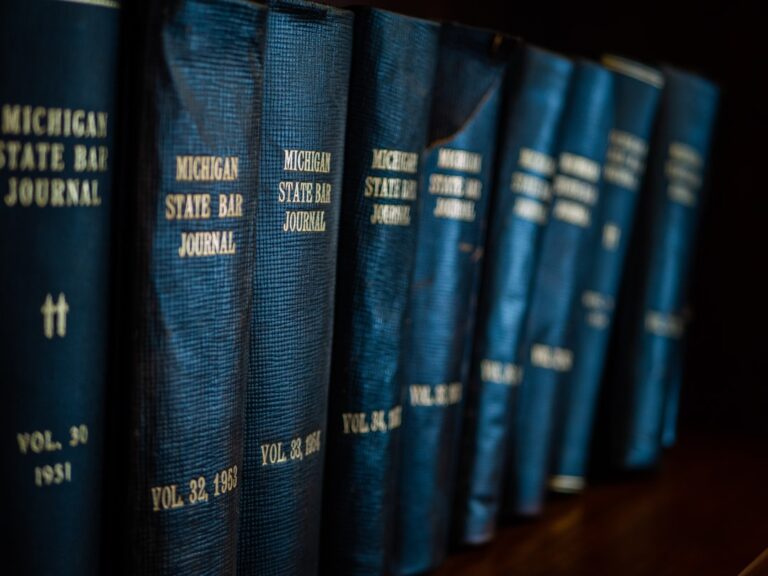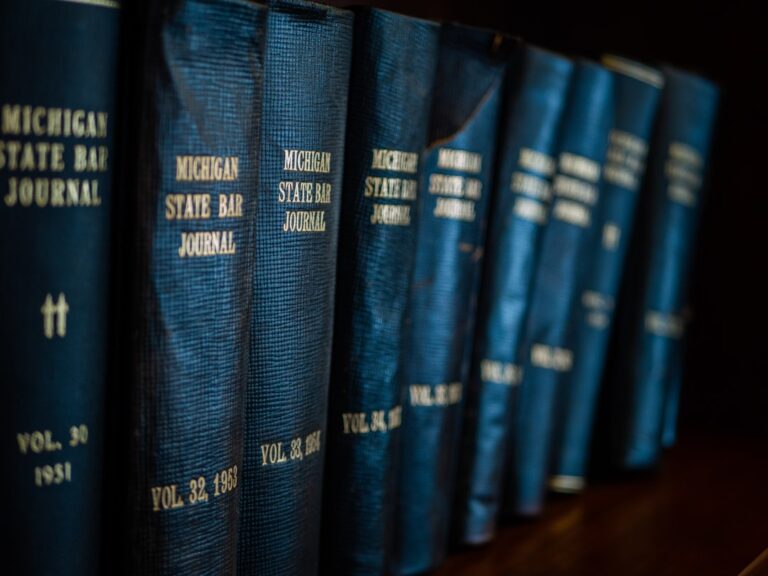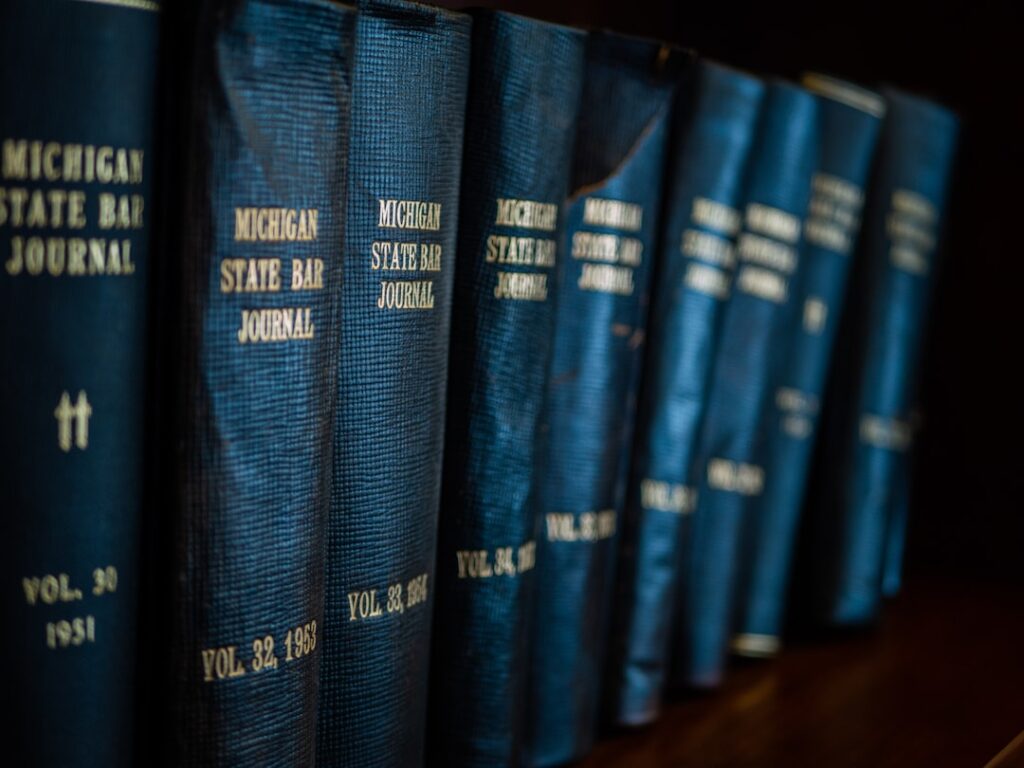In Columbia, SC, where rape cases navigate complex legal landscapes, DNA evidence emerges as a powerful tool for justice. This article delves into the multifaceted role of DNA in prosecuting sexual assault cases, exploring its scientific underpinnings from a legal perspective. From understanding how DNA works to examining collection procedures and court challenges, we analyze its impact on securing convictions and supporting rape victims. For South Carolina residents seeking guidance, this piece offers crucial insights from experienced rape attorneys on navigating these intricate legal matters.
Understanding DNA Evidence: A Legal Perspective

DNA evidence has become an indispensable tool in the legal system, especially for rape cases. In Columbia, SC, as with many jurisdictions, it plays a pivotal role in securing convictions and providing justice for victims. From the perspective of rape attorneys in South Carolina, understanding DNA evidence is crucial to building strong defense or prosecution strategies.
This biological material can offer definitive links between a suspect and the crime scene, corroborating witness testimonies and physical evidence. For instance, it can identify the presence of bodily fluids, such as sperm, and establish whether they match the victim’s or any known source other than the accused. This scientific approach significantly enhances the reliability of investigations, ensuring that justice is served and innocent individuals are protected from false accusations.
Columbia, SC: Rape Cases and Their Complexities

Columbia, SC, like many cities across the country, grapples with the challenge of addressing rape cases. These complex legal matters often involve intricate evidence collection and interpretation, demanding meticulous handling by law enforcement and expert witness testimonies from forensic experts, particularly in terms of DNA evidence. The role of DNA in rape investigations is pivotal; it can provide irrefutable proof, linking suspects to the crime scene and victims.
Rape attorneys in South Carolina play a crucial role in navigating these complexities. They must possess a deep understanding of not just state laws but also the latest scientific advancements in forensics. By utilizing DNA evidence effectively, these attorneys can ensure that justice is served, protecting the rights of their clients while holding perpetrators accountable.
Collection and Preservation of DNA Samples

In Columbia, SC rape cases, the collection and preservation of DNA samples are crucial steps that can significantly impact the investigation and subsequent legal proceedings. Rape attorneys in South Carolina emphasize the importance of proper handling to ensure admissibility as evidence. Skilled legal professionals work closely with forensic experts to ensure that DNA samples are collected using standardized protocols, maintaining their integrity for potential use in court.
Preserving these samples is paramount, as they can provide critical links between the suspect and the victim, aiding in identifying perpetrators and establishing a strong case against them. This process involves meticulous techniques to minimize contamination and ensure the accuracy of results, ultimately helping rape attorneys build compelling arguments for their clients’ defense or prosecution.
Admissibility: Challenges and Successes in Court

In Columbia, SC, as in many jurisdictions across the nation, the admissibility of DNA evidence plays a pivotal role in rape cases. This scientific data can provide powerful insights into the events surrounding an assault, connecting suspects to the crime scene and victims. However, navigating the legal landscape surrounding DNA evidence presents unique challenges for both prosecutors and defense attorneys, particularly when dealing with potential issues like chain of custody breaches or contested methodologies.
Rape attorneys in South Carolina must be adept at handling such complexities, ensuring that any DNA evidence presented in court is reliable and admissible. Through meticulous preparation, thorough examination of protocols, and knowledgeable advocacy, successful outcomes can be achieved. When properly executed, the introduction of DNA evidence can significantly strengthen cases, leading to just verdicts and a deeper sense of security for victims.
Impact on Justice: How DNA Helps Rape Victims

For rape victims in Columbia, SC, the introduction of DNA evidence has been a game-changer, offering a powerful tool to seek justice and ensure accountability. Traditional methods often relied on eyewitness testimony and physical evidence, which could be limited or unreliable in such sensitive cases. However, DNA analysis provides an irrefutable link between the perpetrator and the crime scene, strengthening the prosecution’s case against suspected rapists.
This scientific approach not only helps secure convictions but also brings a sense of closure to victims, knowing that their assailant is being held accountable. With the assistance of skilled rape attorneys in South Carolina, who utilize DNA evidence and its implications, survivors can navigate the legal system with greater confidence, ensuring that their voices are heard and their rights protected.






